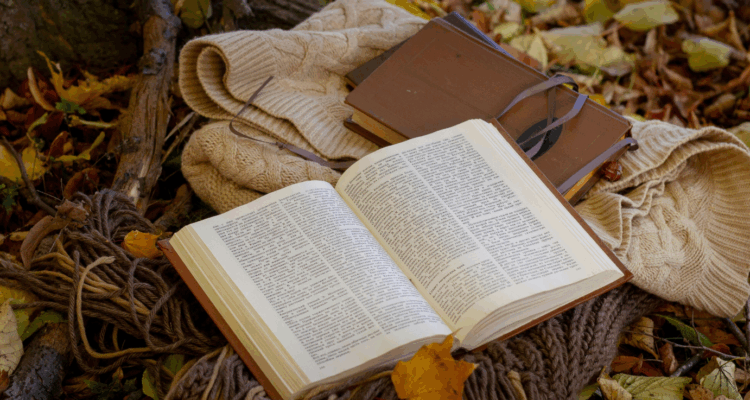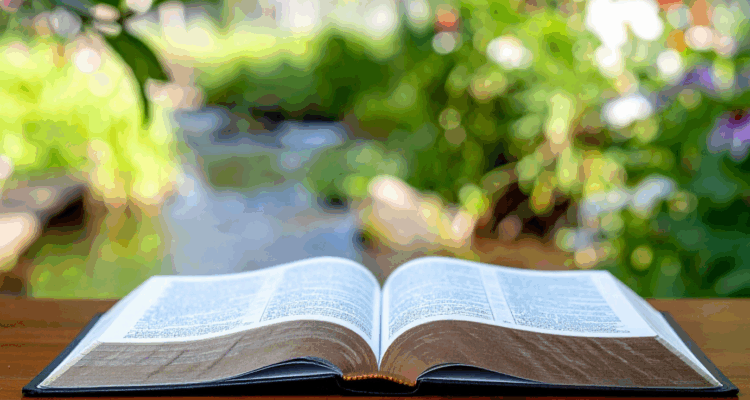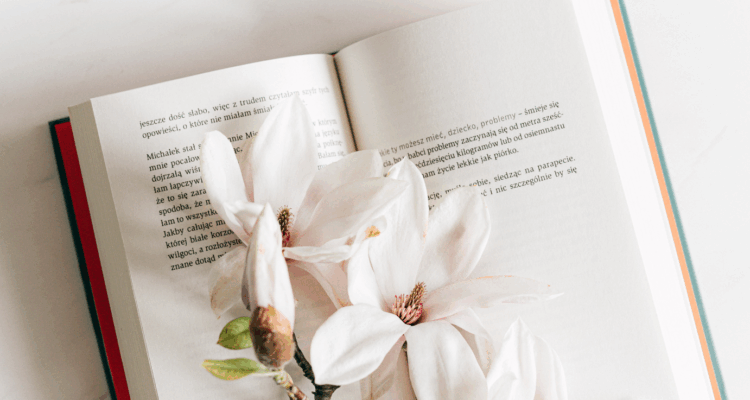Featured Poem: The Call by Charlotte Mew
One thing is very clear at this moment in time: it is cold. Very cold. Extremely cold. Cold enough not just to make your breath visible each time you exhale but to half expect it to freeze over as soon as it hits the atmosphere, creating horizontal icicles from your lips. Wrapping up in lots of layers to face the elements is essential in the daytime, when you do have to leave (sometimes very much against your will) the comfort of home. Yet when night falls upon us, the wise thing to do would be to stay indoors, sit close to the fire or radiator and keep your body temperature at a reasonable rate. Certainly not venture out into the night air- which has an added chill - for a significant period of time in not the warmest of attire. Yet in a cruel twist, the ‘party season’ coincides with the arctic-style weather, meaning that being sensible is not an entirely feasible option.
However, that’s not to say that choosing a night in over a night out is entirely without its problems. First of all, there are all the consequences that come with ignoring seasonal social customs to contend with; it’s not the ideal time of year to be considered socially ignorant. But also there are those little things which can either make your evening or totally break it. For instance, finding that you’ve run out of tea, coffee or chocolate biscuits (or all three – that would be a disaster). Having to wait for ages for even some lukewarm water to run through the taps to indulge in a soothing soak. And then there are the things completely out of your control; things that aren’t even seen but only heard vaguely. You think you heard a creak or a whisper, somewhere in the distance...or did it come from somewhere closer? It takes just one incredibly small noise or movement heard only once to turn you from nonchalant and relaxed to hyper-aware, on edge and bouncing about from place to place trying to track down the origins of the phantom sound. Not a great night when you spend more time on your feet than with your feet firmly up.
An unknown source of disquiet on an otherwise calm and silent evening indoors is not just a minor irritant in this winter’s tale by Charlotte Mew, a somewhat forgotten and underrated female poet. Rather a much larger scenario is created, along with a number of possibilities of just what this ‘call’, this ‘rattle on the window pane’ and ‘voice on the sharp air’ is symbolic of. Is it something dark and unsettling, an ominous sign of foreboding...or something altogether more positive in nature; if not reassuring then certainly rousing – consider that its presence helps to ignite ‘a flame within us’. The very use of the word ‘call’ not only refers to the emission of audible noise but infers a kind of gathering, alertness to action, a steadying of the nerves in anticipation for a significant event – a call to arms. It does seem that whatever it is, it has a strong capacity to be life changing; just look at the lines “And so we cannot sit here any more/We must arise and go”. Inaction is not an option. Rather unfortunate when you want to curl up and forget about everything, but at least a bit of activity will keep things warm. As I hope contemplating this poem, set suitably in the snow, will get your brain ticking and so distract you from the cold.
The Call
From our low seat beside the fire
Where we have dozed and dreamed and watched the glow
Or raked the ashes, stopping so
We scarcely saw the sun or rain
Above, or looked much higher
Than this same quiet red or burned-out fire.
Tonight we heard a call,
A rattle on the window pane,
A voice on the sharp air,
And felt a breath stirring our hair,
A flame within us: Something swift and tall
Swept in and out and that was all.
Was it a bright or a dark angel? Who can know?
It left no mark upon the snow,
But suddenly it snapped the chain
Unbarred, flung wide the door
Which will not shut again;
And so we cannot sit here any more.
We must arise and go:
The world is cold without
And dark and hedged about
With mystery and enmity and doubt,
But we must go
Though yet we do not know
Who called, or what marks we shall leave upon the snow.
Charlotte Mew (1869-1928)
Share
Related Articles

October’s Monthly Stories & Poems
October is of course associated with all manner of ghosts, goblins and things that go bump in the night. We’ve…

August’s Monthly Stories and Poems
Summer can be a time to reset, giving ourselves pause before life picks up pace again in the later months…

July’s Stories & Poems
As the season is now in full swing, we are celebrating summer days and sunshine in July’s Monthly Stories and Poems pack.…


